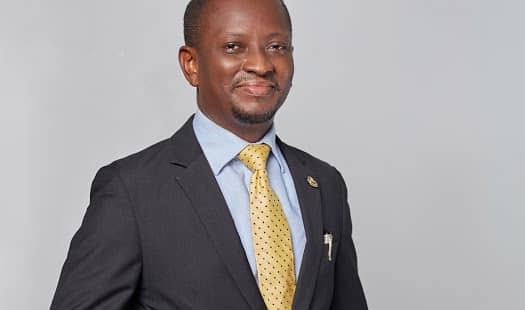Community sentencing will contribute to Ghana’s developmental agenda – Deputy AG
Non-Custodial Sentence or Alternative Sentence refers to a punishment given by a court of law that does not involve a prison term.

A Deputy Attorney General, Alfred Tuah-Yeboah has added his voice to the calls for Community Sentencing to be made part of the nation's sentencing regime.
He notes that Community Sentencing will better reform offenders as they also gain skills which will make them employable.
“If you come to our developmental agenda, Ghana is a developing state. There are a whole lot of things we need to do as a state. We pay for people to do a whole lot of things for us.
We can also use the energies of people who have committed crimes to address some of these critical issues.”
Speaking on the Law program on Sunday, June 26, 2022, the Deputy AG added that Community sentencing will water down the effect of people who have decided to commit crimes with impunity because they have the money to pay for their offenses.
Non-Custodial Sentence or Alternative Sentence refers to a punishment given by a court of law that does not involve a prison term. The non-Custodial sentence has various forms including community service order, probation order, supervision order (parole), drug testing and treatment order, etc.
There is currently pending a Community sentencing Bill being championed by the Office of the Attorney General.
When passed, Community sentencing will aid among other things, the decongestion of the country's nation including prisons.
The bill seeks to provide options for sentencing rather than prison term for offenses classified as misdemeanors.
Mr. Tuah Yeboah also reiterated that the proposal is to look at offenses whose punishments do not attract more than a sentence of three years or a fine or both.
“So if there is an offense which says you have to go to jail for three years, the judge will have the discretion to say instead of you to go to jail for the state to feed you, let's save that money and use you for something in the community at no cost. At the end of the day, the state benefits, and you also benefit.”


